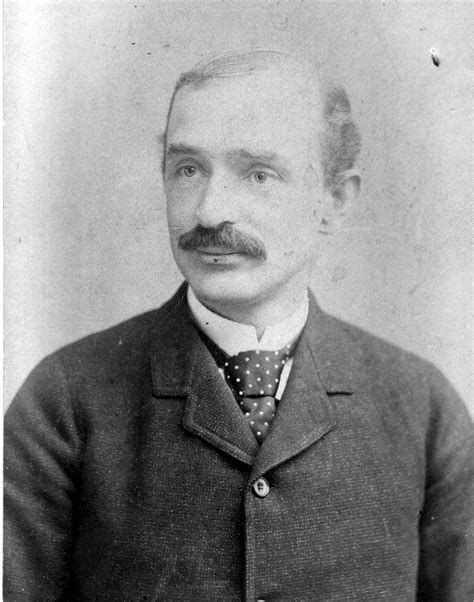A Quote by Elisabeth Kubler-Ross
Grief is not just a series of events, stages, or timelines. Our society places enormous pressure on us to get over loss, to get through grief. But how long do you grieve for a husband of fifty years, a teenager killed in a car accident, a four-year-old child: a year? Five years? Forever? The loss happens in time, in fact in a moment, but its aftermath lasts a lifetime.
Quote Topics
Accident
Aftermath
Car
Car Accident
Child
Enormous
Events
Fact
Fifty
Five
Five Years
Forever
Four
Four-Year
Get
Get Over
Grief
Grieve
Happens
How
Husband
In Fact
Just
Lasts
Lifetime
Long
Loss
Moment
Old
Our
Our Society
Over
Places
Pressure
Series
Society
Stages
Teenager
Through
Time
Timelines
Us
Year
Years
Related Quotes
Grief is real because loss is real. Each grief has its own imprint, as distinctive and as unique as the person we lost. The pain of loss is so intense, so heartbreaking, because in loving we deeply connect with another human being, and grief is the reflection of the connection that has been lost. We think we want to avoid the grief, but really it is the pain of the loss we want to avoid. Grief is the healing process that ultimately brings us comfort in our pain.
Whether we experience it or not, grief accompanies all the major changes in our lives. When we realize that we have grieved before and recovered, we see that we may recover this time as well. It is more natural to recover than to halt in the tracks of grief forever. Our expectations, willingness and beliefs are all essential to our recovery from grief. It is right to expect to recover, no matter how great the loss. Recovery is the normal way .
The same costume will be Indecent ten years before its time, Shameless five years before its time, Outre (daring) one year before its time, Smart (in its own time), Dowdy one year after its time, Ridiculous twenty years after its time, Amusing thirty years after its time, Quaint fifty years after its time, Charming seventy years after its time, Romantic one-hundred years after its time, Beautiful one-hundred-and-fifty years after its time.
I have a two-year-old who just turned three, and my four-year-old just turned five. I have the same irrational feelings taking them to pre-school. It's this charged combination of stress and joy and anxiety and excitement. When they're away, you've got a sudden loss of purpose and this ever-present fear about the kid's welfare. The departure of our children from our nest is not an easy thing.
There is an art to grieving. To grieve well the loss of anyone or anything--a parent, a love, a child, an era, a home, a job--is a creative act. It takes attention and patience and courage. But many of us do not know how to grieve. We were never taught, and we don't see examples of full-bodied grieving around us. Our culture favors the fast-food model of mourning--get over it quick and get back to work; affix the bandage of "closure" and move on.
Every mother can easily imagine losing a child. Motherhood is always half loss anyway. The three-year-old is lost at five, the five-year-old at nine. We consort with ghosts, even as we sit and eat with, scold and kiss, their current corporeal forms. We speak to people who have vanished and, when they answer us, they do the same. Naturally, the information in these speeches is garbled in the translation.
Once a big loss has happened it is part of the picture forever. Not something you "get over." While each loss has felt specific, one thing I miss with each loss is entirely selfish, I miss the way a particular person saw me, understood me. But part of the challenge of being alive is to remain curious in any circumstance and this has helped me with grief. I want to feel all the contours and contradictions of living.
All those years I fell for the great palace lie that grief should be gotten over as quickly as possible and as privately. But, what I've discovered is that the lifelong fear of grief keeps us in a barren, isolated place, and that only grieving can heal grief. The passage of time will lessen the acuteness, but time alone, without the direct experience of grief, will not heal it.





































